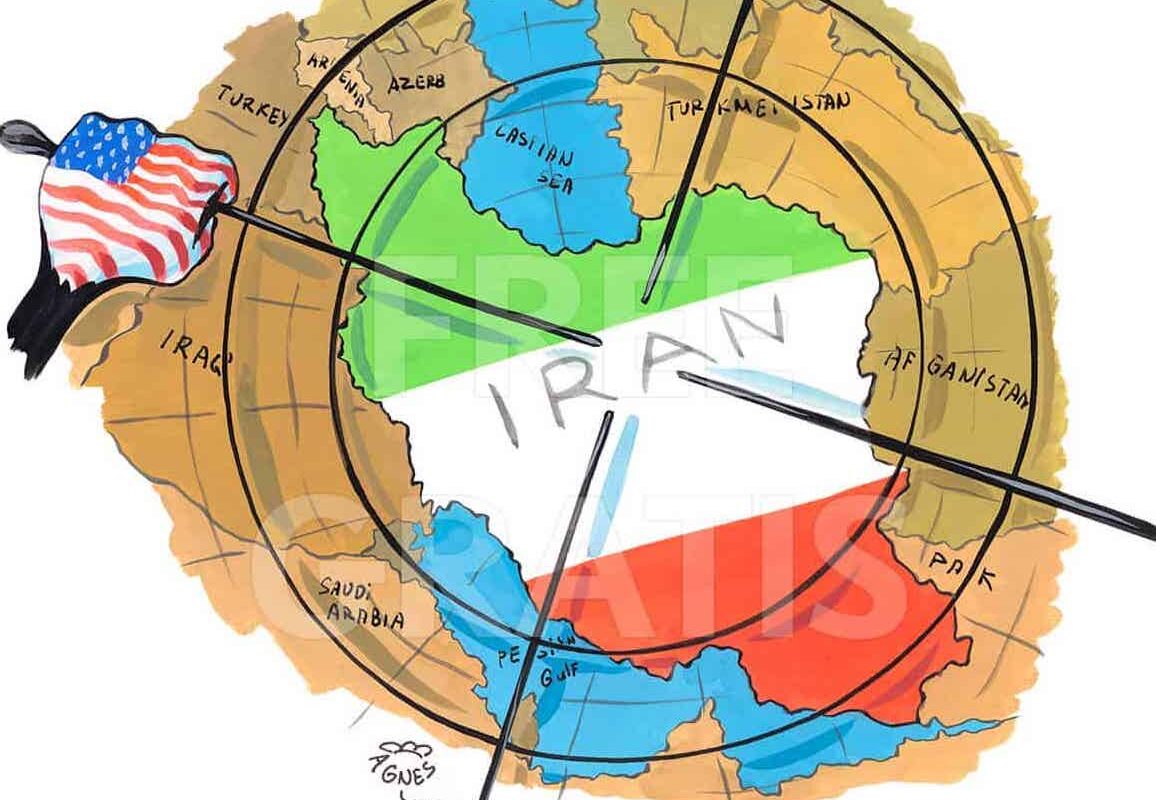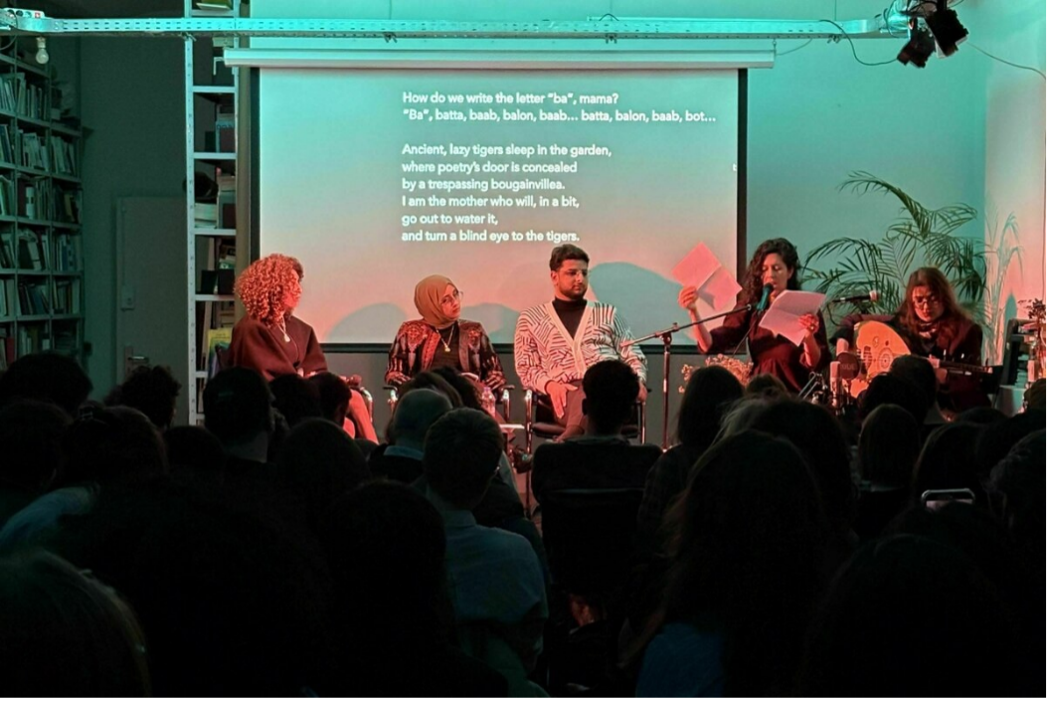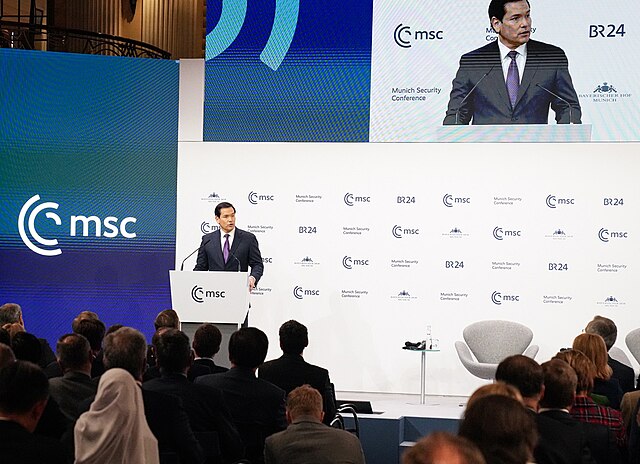On 13 June, Israel launched its most reckless campaign yet — a brazen, unprovoked strike against Iran, openly backed by US president Donald Trump. After the US joined the assault, Iran retaliated with a largely symbolic missile strike on a US base in Qatar, leading to a tentative ceasefire. Both sides now claim victory, but in war there are only losers — and accomplices.
For 12 perilous days and after more than a year and a half of genocide in Gaza, Israeli prime minister Benjamin Netanyhu threw the Middle East into further jeopardy. Considering Iran is a major oil and natural gas producer, this also put the stagnating world economy at risk too. As expected and naturally warranting no mention from Western leaders, the casualties were asymmetrical, with many more killed in Iran than in Israel. Just three days into the conflict, Israel further broke international law by going out of its way to terrorise the Iranian population by attacking civilian structures including a television studio in Tehran.
Meanwhile, Trump called for the evacuation of Tehran, a city of over 8.7 million, bringing to mind the repeated evacuation orders issued by the Israeli Army for Gaza and Beirut. Trump then authorised unprecedented strikes by the US military on three key Iranian nuclear facilities. Netanyahu and Trump both floated regime change as a possible desirable consequence of the attacks. This is a blatant violation of international law on principles of national sovereignty and protection from foreign interference.
What was the reaction around the world? The day after the first attacks I used the word “limp” to characterise the initial Western response. But “limp” doesn’t begin to describe the attitudes expressed in the days after. European leaders sent all kinds of mixed messages: From vehemently defending Israel’s right to self-defence to calling for “de-escalation and restraint from all sides”; from saluting the Israeli state’s “courage” in attacking Iran to blaming the latter for “destabilising the region”. The latter type of solidarity continued to be strictly reserved only for Israel even after the US attack. In contrast, countries like Russia, China, Japan and Saudi Arabia issued repeated strongly worded statements, citing how the Israeli and American attacks violated the United Nations Charter. This was something the Europeans never did.
Many argue that the Israeli attack was not unprovoked, but was in fact a warranted pre-emptive attack. One by “The Only Democracy in the Middle East” against an evil and allegedly nearly nuclear power, the Islamic Republic of Iran. Evidence points to the falsity of this presumption. It is just as happened with allegations against Saddam Hussein of possessing weapons of mass destruction before the US invasion of Iraq. Now with Iran, we see the same media complicity we saw before with Iraq.
In March 2025, US Director of National Intelligence Tulsi Gabbard testified before the US Congress that the American intelligence community “continues to assess Iran is not building a nuclear weapon and Supreme Leader Khamenei has not authorized a nuclear weapons program that he suspended in 2003.” Despite rebuking Iran for not meeting its obligations under the Non-Proliferation Treaty, the International Atomic Energy Agency also stated that they didn’t find any evidence that Iran was building a nuclear bomb. Some sources state that Iran was up to three years away from being able to build such a bomb, and even if it was built, it would hardly be a threat to Israel, the only nuclear power in the region.
All this begs the question: why did Israel attack now? The fact is that all of Iran’s traditional allies in the region — Hamas in Gaza, Hezbollah in Lebanon, the Assad regime in Syria — have all but left the picture in the past year and a half. Other than strategic alliances with Russia and China, Iran is essentially alone, isolated from the “international community” and facing an emboldened enemy in Israel. Additionally, Netanyahu is barely holding together an ailing coalition government and is likely to go to prison for corruption charges once he leaves office. Furthermore, the US had essentially disengaged from the region in recent years, hindering Israeli interests. Netanyahu therefore saw little political downside in taking this risk, and had much to win – a patriotic boost and a renewed vigour for its core alliance.
This might just have been the once-in-a-lifetime opportunity he had been hoping for to realise his long-held dream of launching a massive attack on Iran. Netanyahu has been warning of the imminent nuclear threat from the Islamic regime since the 1990s. He has tried time and again to use it as a pretext to attack Iran. In truth, his ultimate goal is and has always been not to simply destroy Iran’s nuclear capabilities but to destabilise the country and attempt to topple the Islamic regime. He stated this unabashedly in the week following the initial attack, in numerous videos posted to social media and interviews with American outlets. In these he attempted to convince the American public of the righteousness and necessity of the attacks.
Americans were largely opposed to the US intervening in yet another war in the Middle East. Donald Trump was elected a second time on a platform of being against renewed American involvement in foreign wars. This war on Iran has divided the Make America Great Again/America First movement. Some key MAGA figures like Tucker Carlson and Marjorie Taylor Greene are vocally against US involvement and facing significant pushback from establishment Republicans as the war machine heated up.
Up to the days before the initial Israeli attack, President Trump maintained that he was still trying to negotiate a deal with Iran to prevent the country from developing a nuclear weapon. He publicly stated that he didn’t want Israel to attack its nemesis. In a dramatic twist, however, soon after the attacks started Trump quickly changed face. Now he openly expressed support for the Israeli attacks and his knowledge of them, while still expecting the Iranians to return to the negotiating table. Days later the US joined the Israeli war effort. The USA operation targeted three key nuclear sites in Iran with “bunker-busting” bombs unavailable to Israel.
Contrary to the public’s will, and despite statements of the US State Department (that the US were not initially actively participating in the attacks), US warships stationed in the Mediterranean were already involved. They had been intercepting Iranian missiles aimed at Israel. Furthermore, the United States continues to supply Israel with much of its arsenal, and billions of dollars in aid the US every year. Unsurprisingly many figures in American politics, Democrats and Republicans alike — a majority funded by the Israel lobby — doubled down on the overblown nuclear narrative. Many rejoiced at the Israeli attacks and instigated the American intervention, or tacitly approved of the operations. Some simply criticised the Trump Administration for not having sought Congressional authorisation for the bombings as the US constitution mandates.
Another question comes up: why end the war “so soon”? Many point to the depleted state of the Israeli Armed Forces’ arsenal. This was evident by the increasing failures of the much vaunted Iron Dome air defense system as the war dragged on. The official Israeli position is that the stated mission — to dissuade Iran from building a nuclear weapon and undermine its ability to do so — was achieved. Although serious doubts remain about the success of even the powerful US attacks.
Indisputable, however, is the horrifyingly high human and economic cost of wars that defy all international norms of rule of law and protection of human rights. The war drums keep building. As Israel, led by the ever belligerent Netanyahu, and the United States, led by the reckless Trump, escalated the conflict, the risk of a wider, highly unpredictable regional war grew. So did the risk of a global economic meltdown due to spiking oil and gas prices. This benefited the big producers like the United States, Russia, and Saudi Arabia. The full ramifications of this brief but intense war will likely take time to reveal themselves.
But one thing is clear, it was never about the nukes. It was always about provoking a destabilising war. Yet another outrageous attempt at regime change to add to the history of brazen Western imperialism. Fuelled by the careless hubris of Western elites, this war was about nothing but destruction from the start.




